Author: Greg Bloom
-
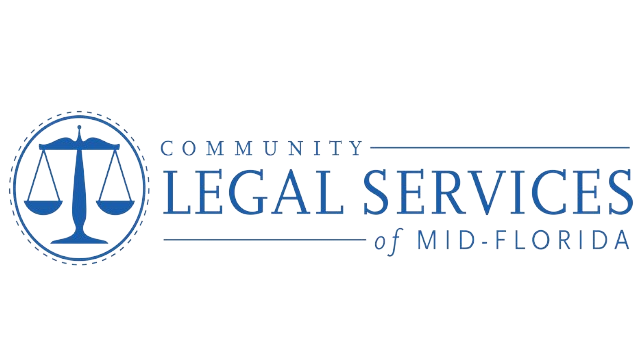
The Florida Legal Aid Resource Federation: Pilot Report
After two years of development, we’re pleased to share details of our successful Florida Legal Aid Resource Federation pilot! Initiated in 2016 (see our original post here) and completed in 2018, with support from the Legal Services Corporation and the Florida Bar Foundation, the Florida Legal Aid Resource Federation (FLARF) was a complex project with a…
-
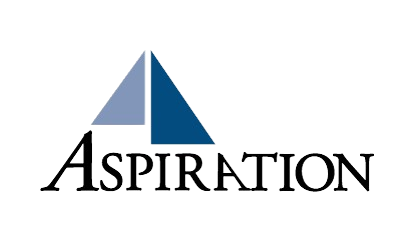
Open Referral receives fiscal sponsorship from Aspiration
Happy new year! In celebration, I’m excited to share news about a big milestone in the evolution of the Open Referral Initiative: Open Referral is now fiscally sponsored by Aspiration, a 501c3 organization that provides facilitation and capacity-building support to nonprofit technology initiatives. Continue reading →
-

Our 2017 Year in Review
Happy new year! (We’re less than three weeks in, so we can still say that – right??) Open Referral’s 2017 Year in Review is available to read here, and embedded below. (See our previous year-in-review reports here in our public document gallery.) Continue reading →
-

Meet The Human Service Data API Protocols
Open Referral’s Human Service Data API protocols (HSDA v1.2) are ready for use! Check out our documentation site here. Use our live developer portal here. Finally (for geeks and non-geeks): read the report on this phase of our development. And read more about this exciting new chapter below: Continue reading →
-
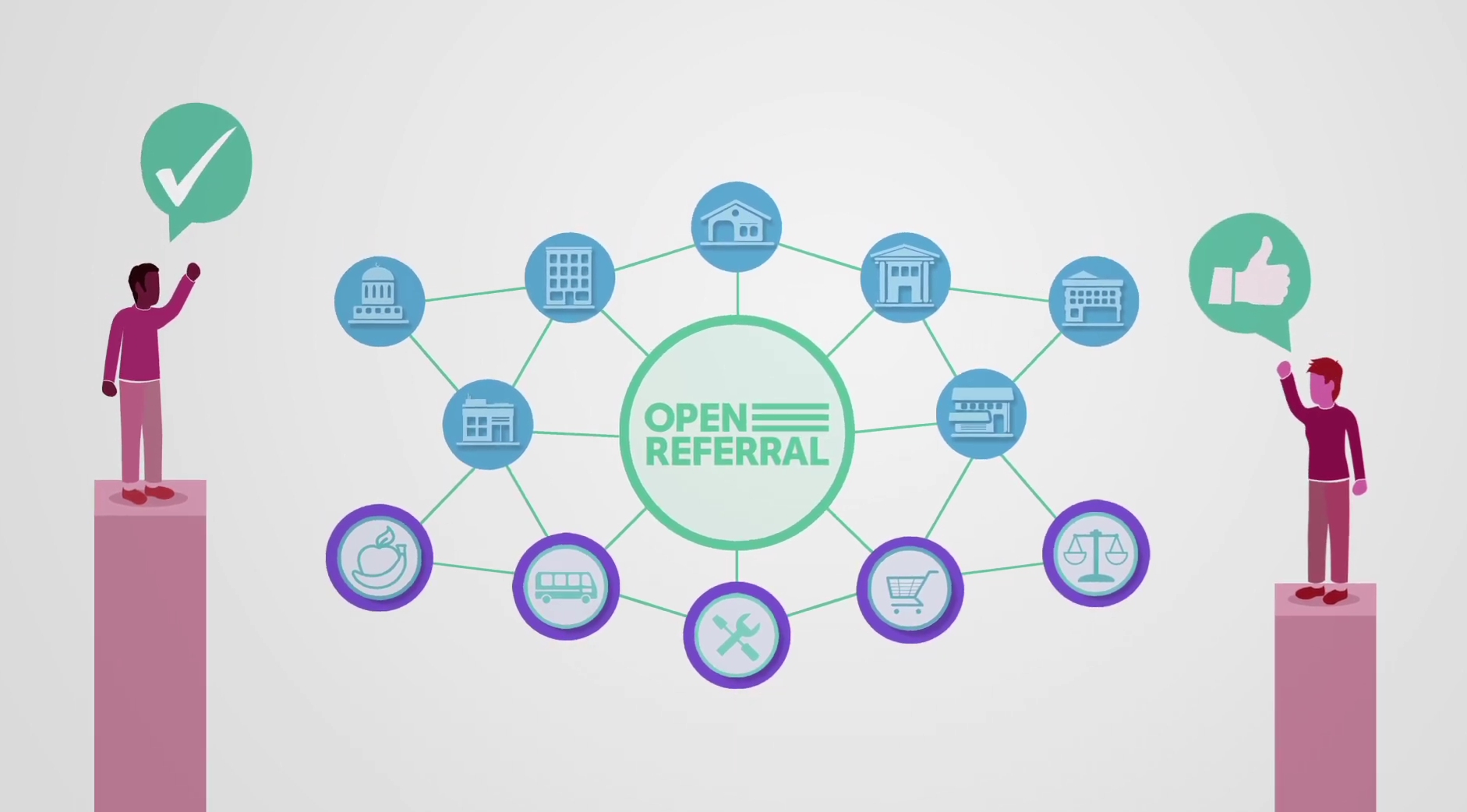
Our Video: Open Referral in Three Minutes
Open Referral is grappling with a complex, systemic issue – so we made an animated video to explain the problem and our approach to solutions in just a few minutes. Check it out here: The Open Referral Explainer from Open Referral on Vimeo. Continue reading →
-
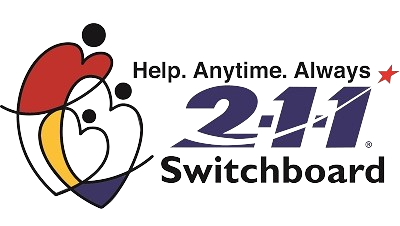
Miami Open211 Phase One: Our Report
Last year, the Miami Open211 project set out to demonstrate that an information-and-referral helpline operator can evolve into an open platform — providing machine-readable data as a service to its community — in ways that are both technically efficient and institutionally sustainable. This project, which began in partnership with Switchboard of Miami, was Open Referral’s first formal pilot with…
-
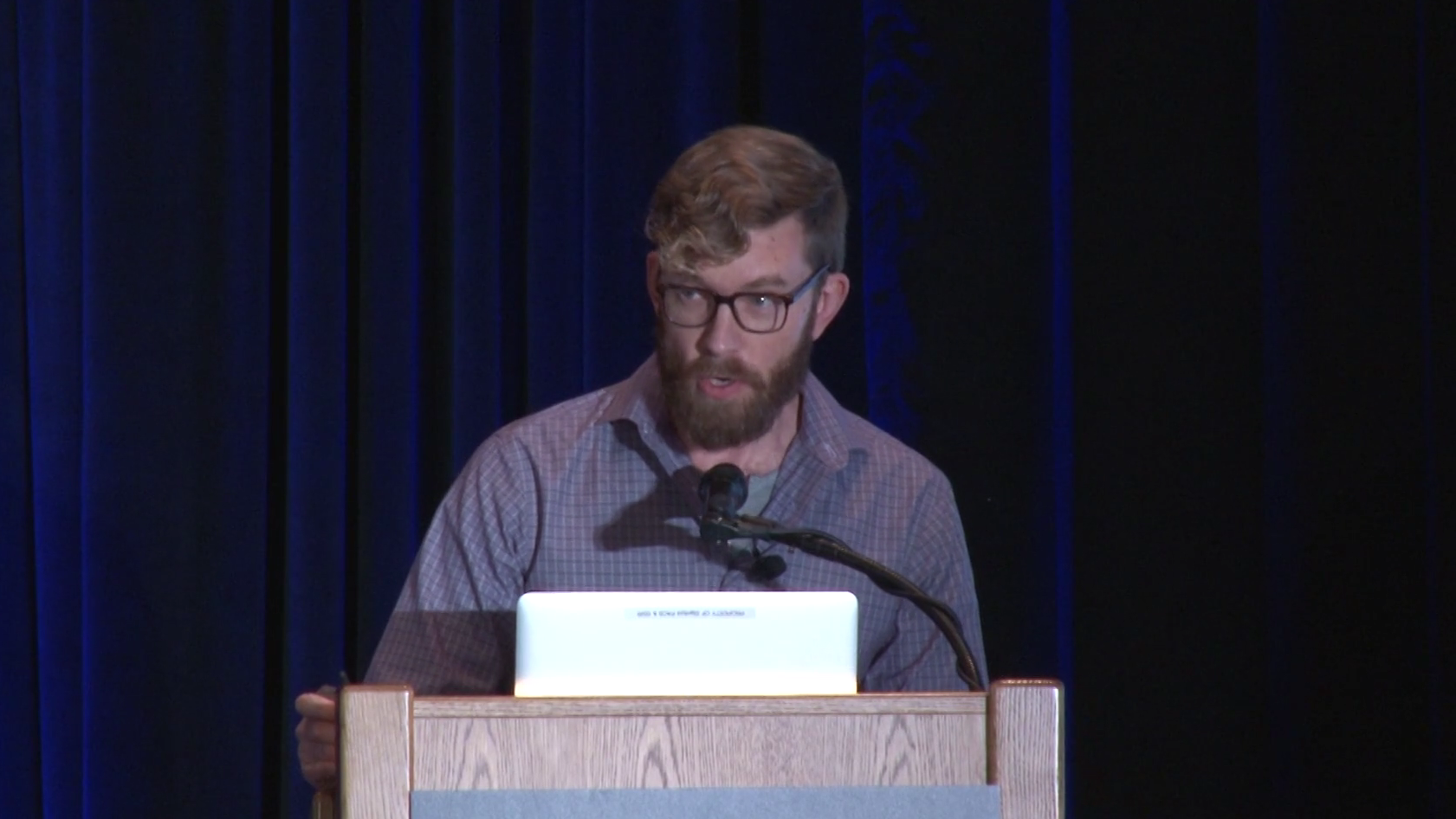
Talking Open Referral at Stanford’s Data on Purpose
Last month I visited Stanford to speak at the 2017 Data on Purpose conference, sponsored by Stanford’s Center for Philanthropy and Civil Society, the Stanford Social Innovation Review and Digital Impact (née Markets for Good). From Possibilities To Responsibilities: Unlocking Data and Unleashing Its Potential (Jake Porway et al) from Stanford PACS. Much of the…
-
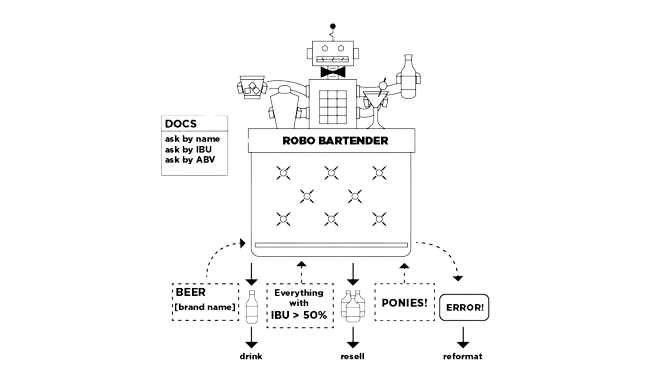
The Open Referral API project
The Open Referral Initiative’s next chapter starts now! Open Referral has helped over a dozen community organizations find new ways to share resource directory information about the health, human, and social services available to people in need. Our Human Services Data Specification provides a common ‘machine language’ that any technology can be programmed to understand.…
-

Our 2016 Year in Review
I’m pleased to share Open Referral’s 2016 Year in Review. (You can browse the document here, download the complete PDF here, or skim through the document embedded at the end of this post.) Continue reading →